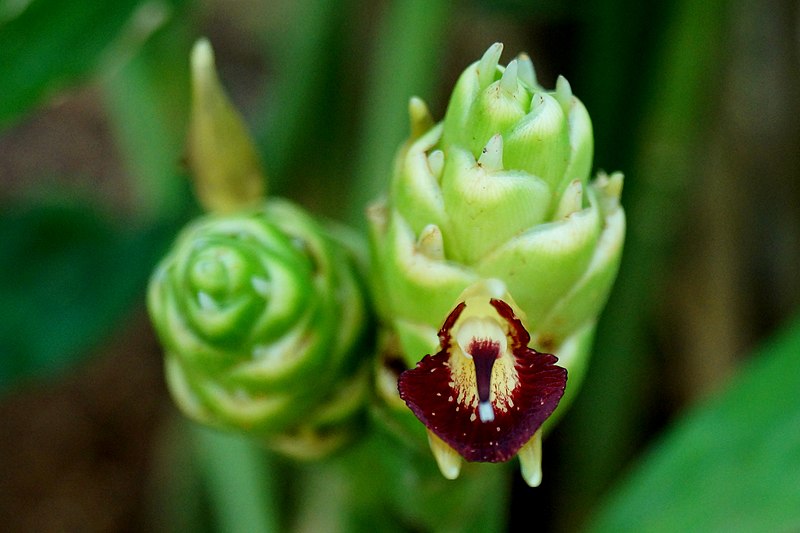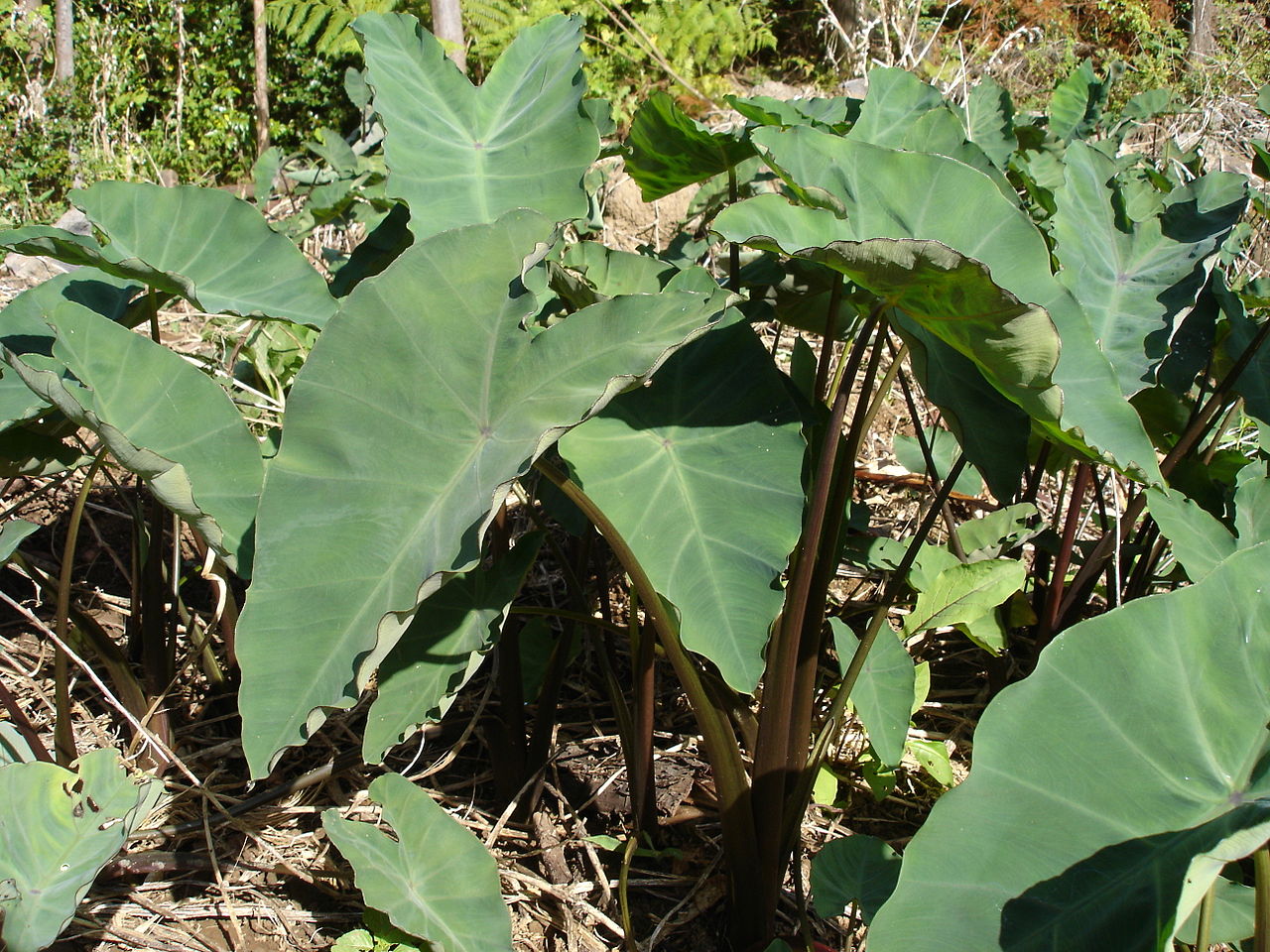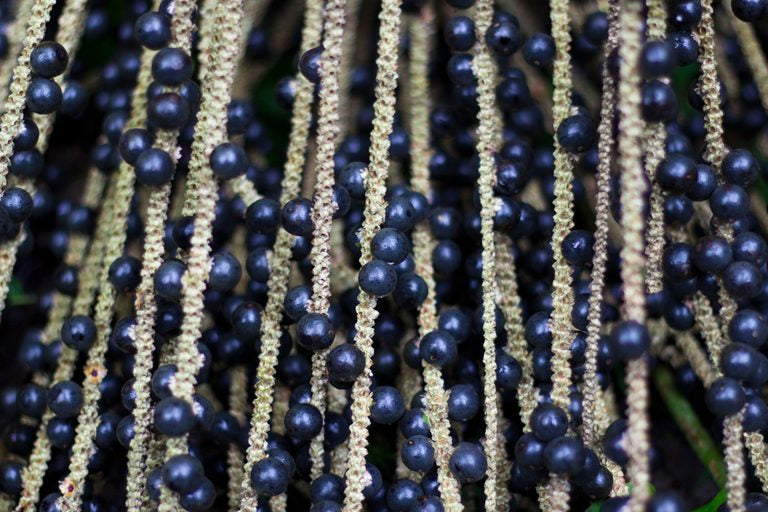
Tropical Wild Edibles - Ginger
Botanical name: Zingiber officinale
Common names: Ginger, Ginger root,
Family: Zingiberaceae

Physical Appearance: Ginger is herbaceous perennial which can grow up to five feet in height. It bears small, light yellow flowers with purple borders. The leaves are long and narrow – approximately 15-30cm in length and “blade” shaped. Its stems are in fact, pseudostems (false stems made from the rolled bases of leaves). The root (rhizome) is the part that is readily identifiable as ginger (ginger root). This grows beneath the soil up to lengths of 20 cm.

Natural habitat: Native to Maritime South East Asia. Ginger is in fact a cultigen and does not appear in a wild form. Ginger has been in cultivation for so long that it no longer needs to “go to seed” and can be grown directly from existing root stock.

Point of interest: Ginger has been in use for thousands of years, both as a foodstuff and in medicine. It was one of the first exported spices to leave Asia and was commonly traded during the Ancient Greek and Roman eras. Subsequently, ginger could be found throughout most of Europe. It is said to have a calming effect on digestive ailments such as indigestion and flatulence.

Dangers: Ginger is generally considered safe with few side effects. There are a few medications which are said to react negatively with ginger. These are: warfarin (an anti-coagulant) and nifedipine (a cardiovascular drug).

Uses for the root: jams, sweets, preserves, flavouring for foods/meals, medicinal. The roots can be used in dry powdered formats, preserved in sugar, cooked, grated or used raw as a flavouring.

Photos courtesy of Wikipedia via
Sengai Podhuvan, CC BY-SA 3.0 <https://creativecommons.org/licenses/by-sa/3.0>, via Wikimedia Commons
Anna Frodesiak, Public domain, via Wikimedia Commons
By SKsiddhartthan - Own work, CC BY-SA 4.0, https://commons.wikimedia.org/w/index.php?curid=74860811
By Kjokkenutstyr - https://www.flickr.com/photos/146966953@N02/37569612821/in/datetaken/, CC BY-SA 4.0, https://commons.wikimedia.org/w/index.php?curid=63250521
Rajbrijesh at the English Wikipedia, CC BY-SA 3.0 <http://creativecommons.org/licenses/by-sa/3.0/>, via Wikimedia Commons


